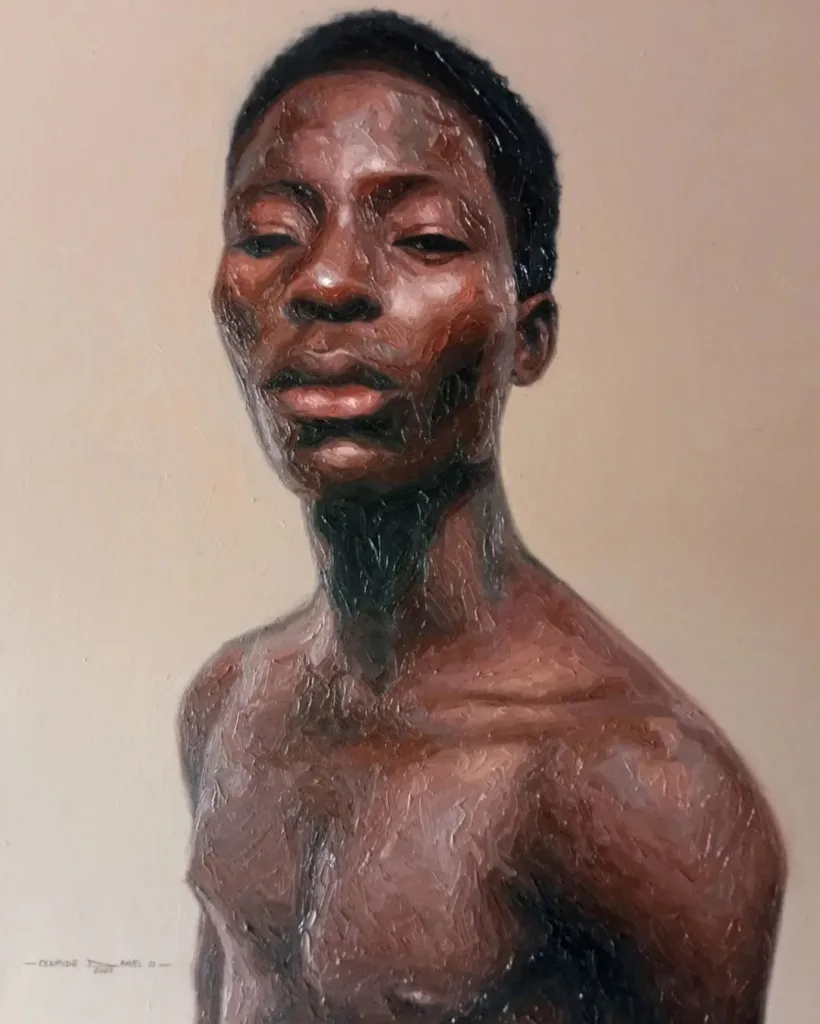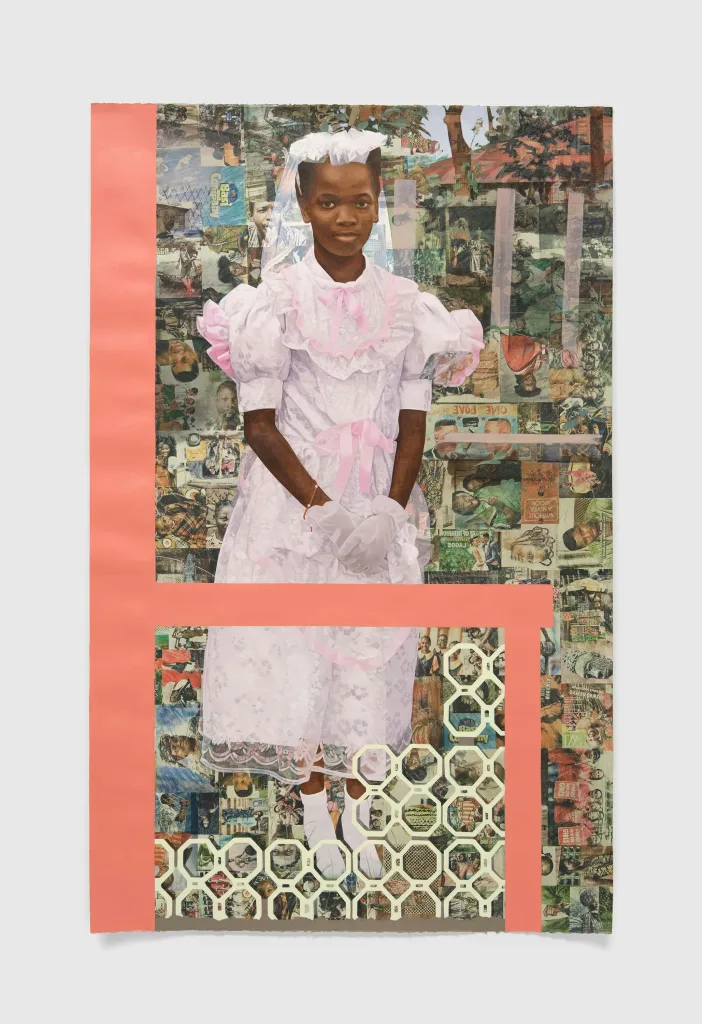Decolonization is the systemic abolition of Western-centric governance and economic control. As we are in a new time, where social media and access to information have unified global markets, we need to recognize the new forms of colonialism (neo-colonialism). Moreover, we also need to understand the roles key market players; artists, art institutions, collectors, and the government have in decolonization. This is particularly important because it improves global economic power and ensures effective cultural preservation and monitoring of this budding and valuable art industry.

According to Dr. Kwame Nkrumah, neocolonialism is the continued extraction of resources and wealth from Africa without the corresponding improvement in the well-being of its people. This is why today we have a new and budding industry that has gained access to financial capital, with little progress in the community and country as a whole. The result is falling wages, deteriorating working conditions, and the dehumanization of the African new working population, simultaneously widening the gap between poverty and wealth.
For us to decolonize ourselves, we need to understand the potential and impact that arts and culture have on our continent. Furthermore, we need to understand the role of artists as key players in the industry.
Arts, the Arts Economy, and International Relations
The contemporary African art ecosystem is a budding niche market that has a lot of potential to help Africa accumulate feasible financial capital to maintain a sustainable and budding economy. Artists, writers, and filmmakers have this new task of reframing the narrative, to fit a certain national dogma of the African nation. This new dogma has to include ‘the way of the planetary community’ that assumes the impacts of industrialisation and the need for a unified dogma as far as myths and national unity is concerned

Acrylic, colored pencil, and transfers on paper 189.2 x 119.7 cm. Image courtesy of David Zwimer Gallery’
Njideka Akunyili Crosby’s exhibition “Coming Back to See Through, Again,” currently on view at David Zwirner in New York, portrays subjects as products of their dynamic environments. Drawing inspiration from her Nigerian roots, Crosby’s paintings often incorporate elements of her childhood, such as old photographs and lush green backgrounds, to symbolize the nurturing qualities of African mothers—an aspect that resonates deeply with many African women today. Referencing a popular Ghanaian novel, Crosby adds:
“The book was written in my parents’ generation, and it was about the hope that generation had about how things would change and be better after various West African countries became independent, but sadly that didn’t happen. In Nigeria, we just ended up having military dictator after military dictator, and corruption and everything just went down the drain. But there is this renaissance happening, so I’m … claiming it for my generation as the beautiful ones have arrived!”
Similarly, the new Romanticism places Black artists at a critical juncture. While we cannot completely detach from the imprint of colonialism, it is essential that moving forward, whatever we create conveys a newfound optimism and respect for our culture. Michael Armitage, reflecting on his admiration for the Spanish artist Francisco José de Goya y Lucientes, shares how Goya’s work has profoundly influenced him. Presenting his subjects in a manner reminiscent of Goya, Armitage offers a raw and unfiltered portrayal of Black figures in art. As a result, his works create a dialogue between different eras, integrating Black figures into the art historical canon and inviting audiences to relearn, accept, imagine, and interact with multiple significant art periods within a single painting.

Courtesy of the artist and White Cube.
I simply cannot end this article without highlighting Bubu Ogusi, the Founder and Creative Director of I Am Sigo, a nomadic, conscious fashion brand that creates wearable art. Bubu’s work, from sourcing African fabrics to her meticulous creation process, embodies the essence of the new Africa. Through her brand’s collaborations with major fashion houses like Victoria’s Secret, she breathes life into African mythology. Her handcrafted garments draw inspiration from African spirituality, creating an immersive experience that transports audiences to a historical plane rich with powerful African stories.
I believe we are on the right path when it comes to decolonization. While this is an expansive topic, it is important to recognize and commend initiatives like FNB Art Joburg, Africa Foto Fair, and 1-54 Art Fair for providing a global platform that advances this crucial conversation.


